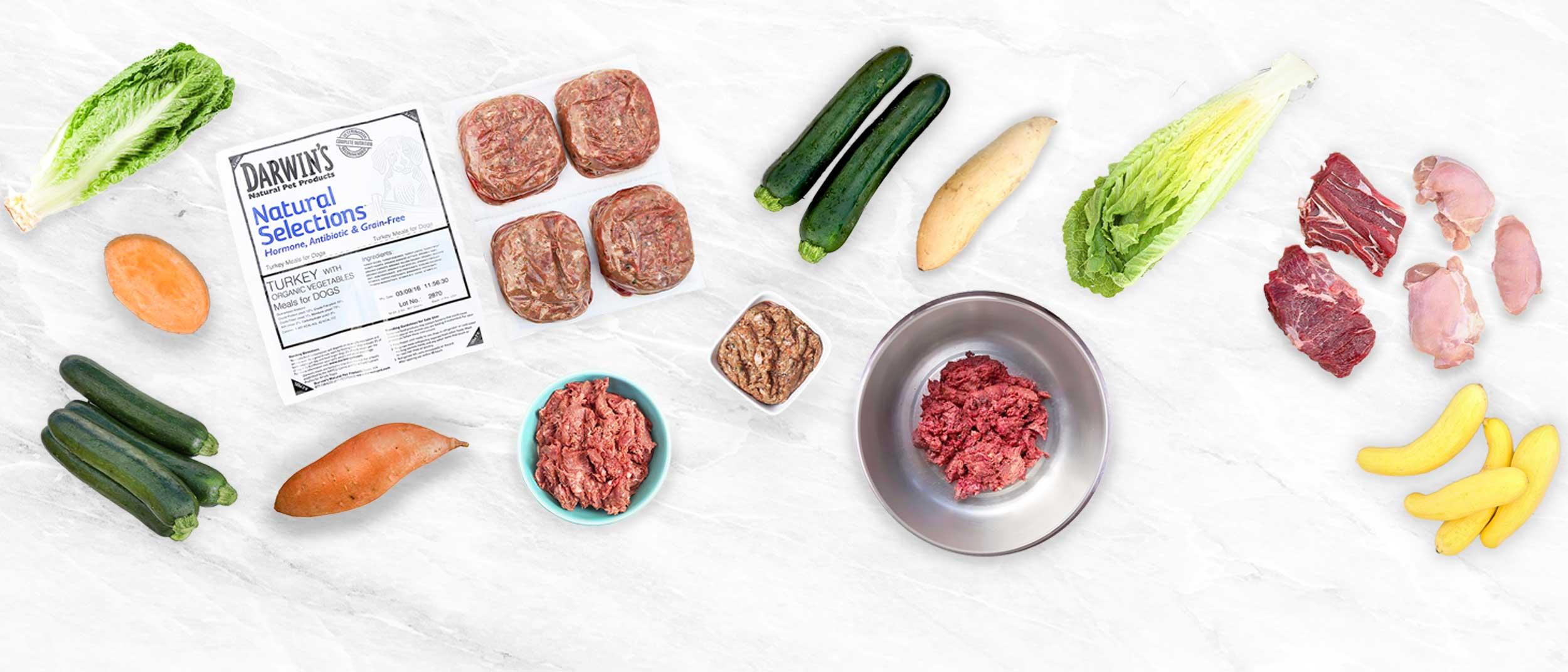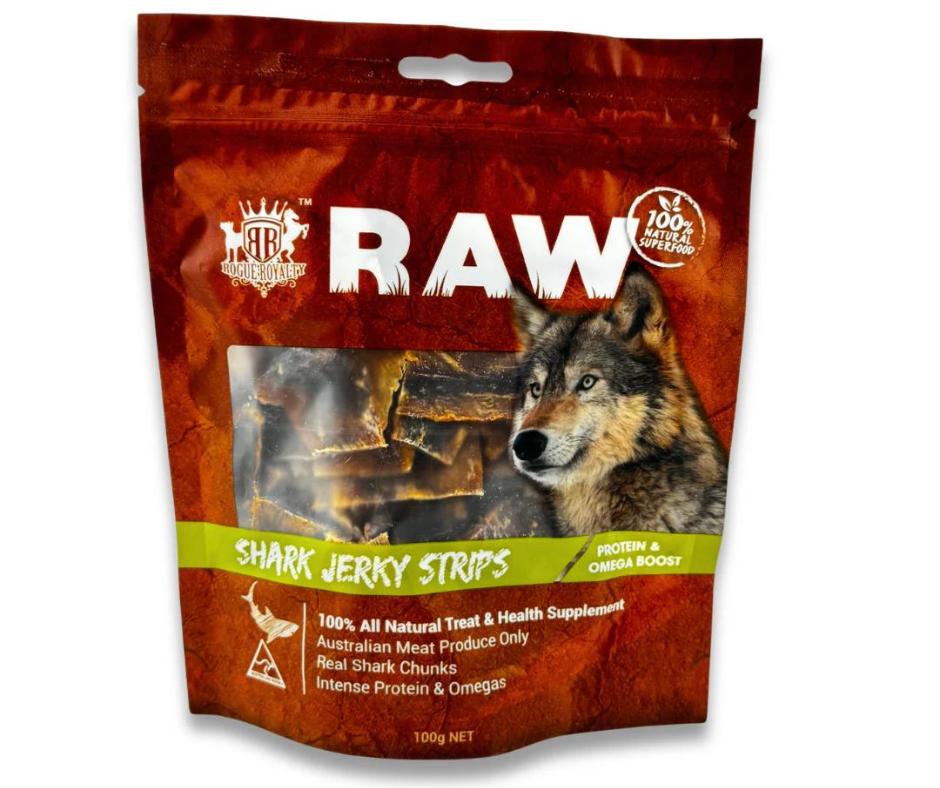When it comes to nurturing our four-legged companions, ensuring they receive a balanced and nutritious diet is paramount. For dogs with food allergies, however, finding suitable protein sources can be a challenging endeavor. As pet owners, our goal is to provide meals that not only meet their dietary needs but also keep them healthy and happy. In this article, we will explore the best protein sources for dogs with food allergies, offering insights into how to tailor their diet to avoid allergens while still providing essential nutrients. With a gentle and informative approach, we aim to guide you through the process of selecting the right proteins that will help your beloved pet thrive.
Understanding Canine Food Allergies and Their Impact
When navigating the world of dog food allergies, identifying safe and nutritious protein sources is crucial. Dogs with sensitivities often react to common proteins like beef or chicken. Opting for novel protein sources can help alleviate allergic reactions and ensure your furry friend receives the nutrition they need. Consider these alternative protein options:
- Duck: A rich, flavorful choice that is less likely to trigger allergies, duck provides essential amino acids and is often easier on sensitive stomachs.
- Kangaroo: Known for being lean and hypoallergenic, kangaroo meat is an excellent option for dogs with severe allergies.
- Rabbit: A lean protein that is highly digestible and offers a unique taste, making it a suitable choice for dogs with dietary restrictions.
- Fish: Options like salmon and whitefish are not only great for allergy-prone pups but also provide beneficial omega-3 fatty acids.
Incorporating these proteins into your dog’s diet can minimize allergic reactions and promote overall health. Always consult with your veterinarian before making dietary changes to ensure the chosen protein aligns with your dog’s specific needs.

Identifying Safe and Nutritious Protein Options
When catering to the dietary needs of dogs with food allergies, selecting the right protein sources is essential. Novel proteins are an excellent choice, as they are less likely to trigger allergic reactions. These include options like venison, rabbit, and duck. These meats are not commonly found in standard dog foods, making them ideal candidates for sensitive pups. For a more exotic twist, consider trying kangaroo or alligator, which are also gaining popularity in hypoallergenic dog diets.
Beyond novel proteins, hydrolyzed proteins are another safe and nutritious option. This type of protein is broken down into smaller components, making it less recognizable to the immune system and reducing the risk of an allergic reaction. Many premium dog food brands offer hydrolyzed protein formulas designed specifically for dogs with allergies. When selecting a protein source, it’s also crucial to ensure that it is free from common allergens such as wheat, soy, and dairy, which can often exacerbate allergy symptoms.
- Novel Proteins: Venison, Rabbit, Duck, Kangaroo, Alligator
- Hydrolyzed Proteins: Available in specialized dog food formulas
- Avoid: Wheat, Soy, Dairy

Tailoring Your Dogs Diet for Allergy Relief
When addressing food allergies in your canine companion, selecting the right protein source is crucial. Opting for novel proteins—those your dog hasn’t been exposed to—can help minimize allergic reactions. Novel proteins such as duck, rabbit, or venison are less likely to trigger allergies and can provide essential nutrients. These proteins are not commonly found in traditional dog foods, making them a great alternative for sensitive dogs.
- Duck: A rich source of amino acids, duck is not only nutritious but also flavorful, making it a palatable choice for picky eaters.
- Rabbit: Known for its lean meat, rabbit offers a high protein content while being gentle on the digestive system.
- Venison: This protein is particularly beneficial for dogs with beef or chicken allergies, providing a hearty and hypoallergenic option.
Incorporating these proteins into your dog’s diet can be a game-changer, but it’s essential to introduce them gradually and monitor your pet’s response. Consult with a veterinarian to ensure your furry friend’s diet is balanced and tailored to their specific needs.
Expert Tips for Introducing New Proteins
When introducing new proteins to your dog’s diet, especially for those with food allergies, it’s essential to proceed with care and attention. Start with a single novel protein that your dog has never eaten before. This helps in identifying potential allergens and minimizes the risk of a reaction. Always choose high-quality sources, such as those labeled as hypoallergenic or limited ingredient.
- Monitor your dog closely for any signs of adverse reactions, such as itching, digestive issues, or changes in behavior.
- Introduce gradually by mixing small amounts of the new protein with their current food, slowly increasing the ratio over a week or more.
- Consult with your veterinarian to ensure that the new protein is nutritionally balanced and appropriate for your dog’s specific needs.
Remember, patience is key. Allow your dog’s system to adjust and observe how they respond before making any further changes to their diet.

